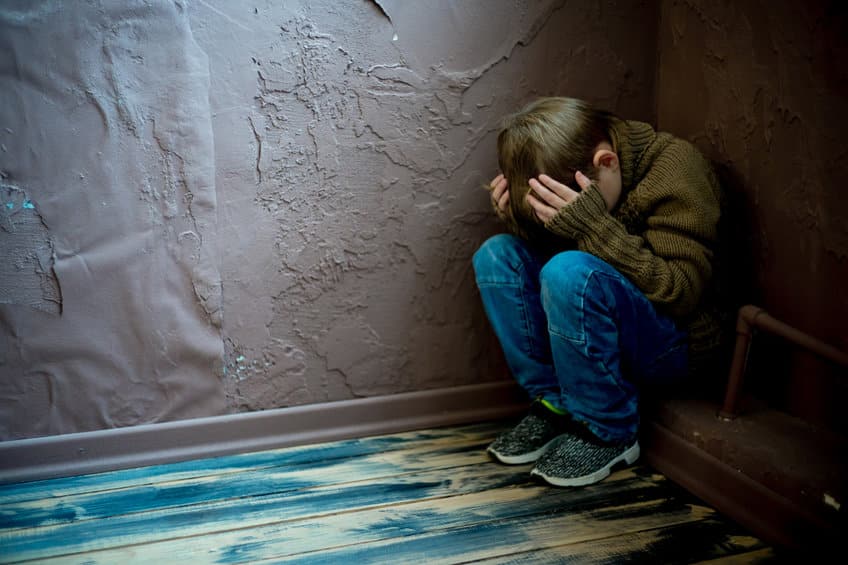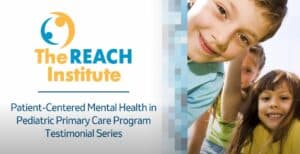Overcoming anxiety about the news
- May 25, 2022
- The REACH Institute
- Anxiety, Child mental health Trauma,
In the wake of the Texas school shooting tragedy, your young patients–and their families–may be experiencing anxiety that can affect normal functioning. That anxiety can manifest in many ways, from reluctance to go to school to increased aggressive tendencies.
In fact, pediatric primary care providers (PCPs) have been observing the effects of news consumption on their young patients for years now. The spike in anxiety at the beginning of the Covid pandemic is another example. Families may be experiencing trauma as they watch scenes of devastation and displacement in Ukraine. Every act of terrorism or mass violence inspires more fear. The examples go on.
As your families’ trusted PCP, you can influence how patients and families deal with anxiety over recent events and the continuous barrage of bad news that characterizes today’s media culture.

Screening for trauma in pediatric primary care
- May 23, 2022
- The REACH Institute
- Assessment & screening, Child mental health Trauma,
Asked the top three things a pediatric primary care provider (PCP) needs to know about child trauma, Brooks Keeshin, MD, said, “Trauma happens. That’s numbers 1, 2, and 3.”
In fact, up to 80% of children experience trauma by the time they are 18. A large body of evidence indicates that childhood trauma affects physical and mental health, both short term and long term.
Dr. Keeshin, a child abuse pediatrician and child psychiatrist, is developing a new REACH Institute course to teach PCPs to assess and treat child trauma.
“Trauma reactions can look like other mental health conditions,” said Dr. Keeshin. “Traumatic stress can present with symptoms of ADHD, depression, or anxiety. If the pediatrician knows a child has been exposed to trauma, that changes what they do. But first they need to know.”
Categories
- ADHD
- Anti-racism
- Anxiety
- Assessment & screening
- Autism
- Child mental health
- Coding
- Cognitive behavioral therapy
- College transition
- Culturally responsive
- Depression
- Eating disorders
- Foster care
- Grief
- High-risk children & youth
- LGBTQIA
- Medication
- Parents
- Patient communication
- Pediatric primary care
- School refusal
- Sleep disorders
- Suicide
- Trauma
- Show All Categories
Dates
Register for courses
“The REACH Insitute Video Testimonial: Priya  ”
”
